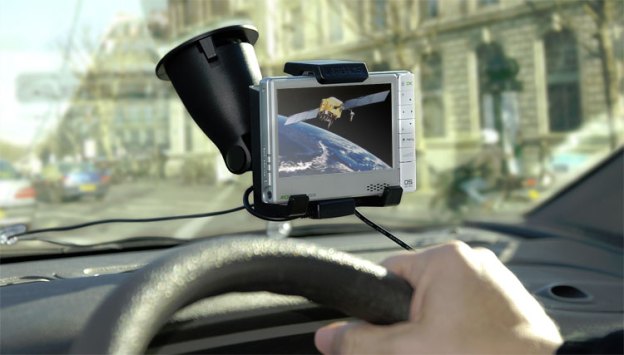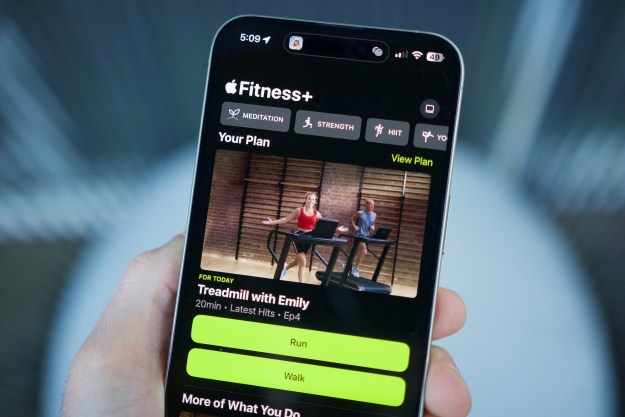
Earlier this week, up-and-coming wireless service operator LightSquared was rocked by reports that government testing found that its proposed LTE service caused significant interference with three-quarters of general-purpose GPS receivers; today, the report from the National Executive Committee for Space-Based Positioning, Navigation, and Timing has been officially released, and finds LightSquared’s service interferes with something more critical than the suction-cup GPS Aunt Polly has on her windshield: It also interferes with a flight safety system designed to alert pilots of approaching terrain.
The PNT report found that LightSquared’s proposed service caused no significant interference with mobile phones; however, the report stands by the previous assertions that the system caused significant interference with the majority of general-purpose GPS receivers it tested. That means LightSquared’s network would effectively create zones of GPS jamming throughout both populated and rural areas of the United States. The testing found significant interference within 100 meters of LightSquared’s terrestrial base stations that communicate with nearby wireless devices, and also sends and receives information from LightSquared’s satellite network to move data over long distances.
Testing of flight control systems was conducted by the FAA, which found LightSquared’s system creates significant interference in a safety system designed to alert pilots of terrain or man-made obstructions in a flightpath — this is the famous system that speaks increasingly frantic warnings to pilots as they approach obstacles, concluding with “Pull up!” The safety systems have been required on turbine planes since 2005, and have been credited with almost eliminating crashes where a pilot hits the ground in poor weather conditions or darkness.
LightSquared has consistently maintained that GPS interference problems aren’t caused by LightSquared’s signals bleeding over into GPS spectrum space, but by poorly-designed GPS devices effectively listening to signals in spectrum areas they should be ignoring. LightSquared has proposed modifications to existing GPS antenna designs that would work around the interference issue, but that doesn’t do much for the millions of existing GPS systems already on the market, which would have to be modified or replaced.
“We are pleased that the statement [..] validates LightSquared’s compatibility with the nation’s 300 million cellular phones,” said LightSquared CEO Sanjiv Ahuja, in a statement sent via email today. “While we are eager to continue to work with the FAA on addressing the one remaining issue regarding terrain avoidance systems, we profoundly disagree with the conclusions drawn with respect to general navigation devices.”
LightSquared is already building out its network in hopes of bring LTE mobile broadband service to more than 260 million Americans, both in major markets as well as under-served remote and rural areas, and claims to have $14 billion waiting to be invested in infrastructure built-out. However, LightSquared can’t begin operating its service without approval from the FCC — which isn’t going to grant approval until interference issued have been resolved or mitigated. However, it’s not clear how that can happen without requiring modification or replacement of existing GPS receivers, shifting LightSquared to new spectrum (which it doesn’t have—LightSquared has already shifted its spectrum usage once), or altering (and perhaps significantly compromising) the capabilities of LightSquared’s service.

